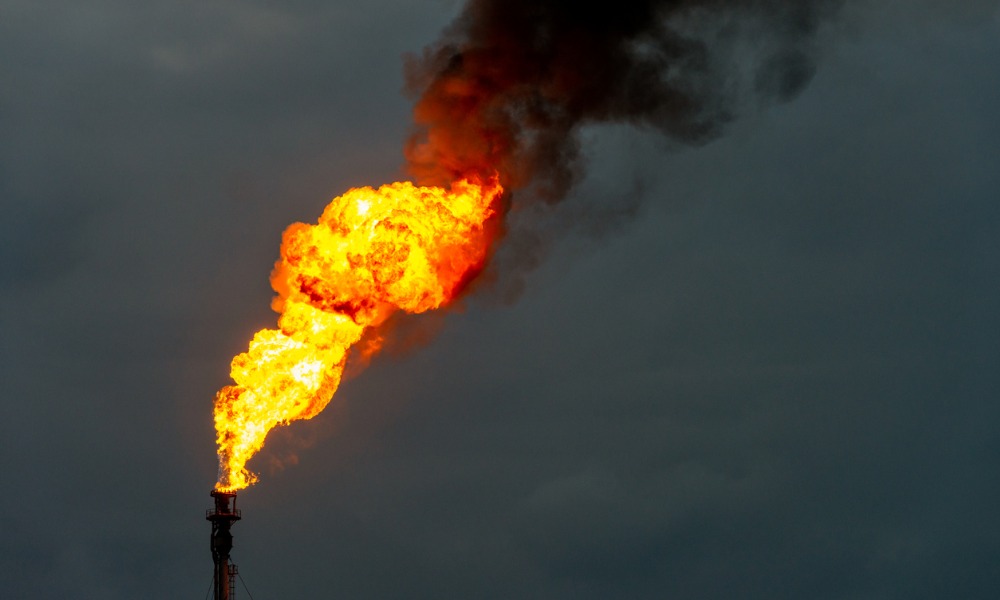The dams’ weak foundation can be damaged by even a “modest 4 to 4.5 magnitude earthquake”

Research institute Canadian Centre for Policy Alternatives calls for a fracking ban to protect B.C. Hydro’s Peace River dams, stating that a fracking-induced earthquake could damage the dams or cause them to fail.
In a news release dated Jan. 9 from its website, the B.C. office of the CCPA said that it had studied “hundreds of documents” received pursuant to a freedom of information request, before concluding that fracking should be immediately halted near B.C. Hydro’s two existing dams, as well as close to the site where a third dam is being built.
The documents released pursuant to the FOI request include a letter dated January 2018, addressed by B.C. Hydro’s legal counsel to the B.C. Oil and Gas Commission’s vice-president. The letter warned against fracking in the area, due to the risks of interfering with “such critical infrastructure.” In spite of this opposition, the commission proceeded with disposal well operations in the area.
According to a report written by Ben Parfitt, the CCPA resource policy analyst who also filed the FOI request, officials from B.C. Hydro had known, ever since the first dam was built in the 1970s, that the dam had “foundational problems,” having been constructed on top of weak and easily breakable underlying rock, and could be damaged by even a “modest 4 to 4.5 magnitude earthquake.”
Parfitt then said that such an earthquake would have dire consequences not only for the dams, but also for people working or living in the area.
“We need an immediate ban on fracking within 10 kilometres of the Peace River from the W.A.C. Bennett to Site C dams, and strict limits on fracking for 15 kilometres beyond that unless a neutral body of experts rules there is no possibility for induced earthquakes,” Parfitt said.
He added that the provincial government should conduct a full public inquiry to decide whether fracking should then be permanently prohibited, given the possible risks.
In the same news release, CCPA also called for BC Hydro to conduct an immediate threat assessment at the dam, as well as to perform seismic upgrades as needed. It then called for the BC Utilities Commission to appoint supervisors or inspectors who could address public safety and worker safety issues in the affected areas.










